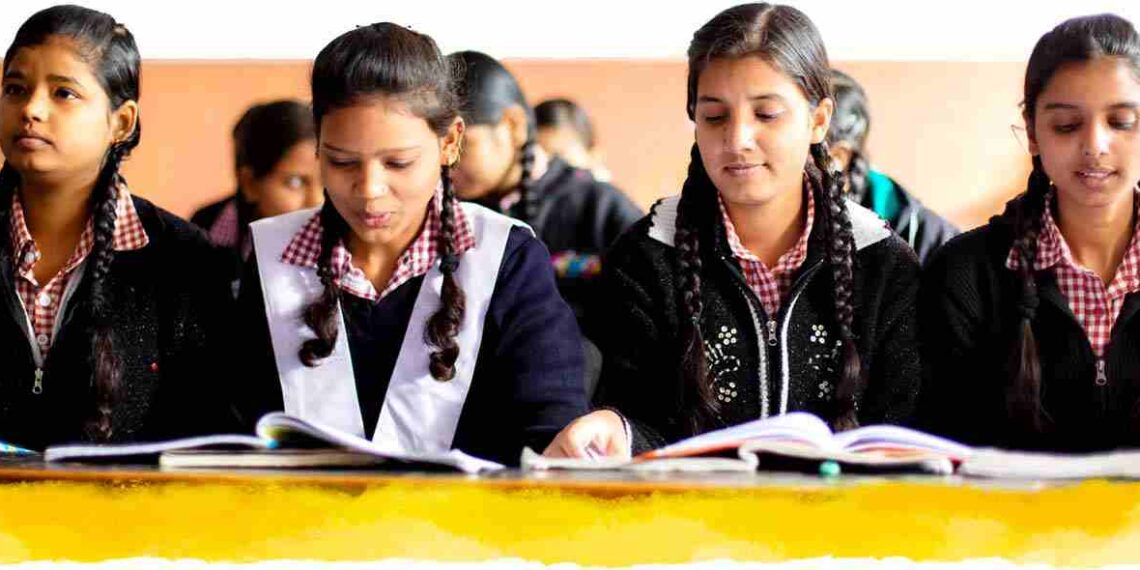In the dynamic and ever-evolving landscape of social change, Non-Governmental Organisations (NGOs) have not only emerged as powerful catalysts for transforming societies but have also become beacons of hope for countless young minds. They are taking the lead in addressing underprivileged children’s pressing and urgent educational needs. By establishing ground-breaking initiatives, utilising innovative methodologies, and collaborating with local communities, these NGOs are promoting inclusive learning that cater to the diverse needs of the youth. They are also striving hard to bridge the disparities and barriers to quality education, especially in remote and marginalised regions. They are empowering the youth by reshaping the social fabric through an unwavering focus on child education. Through their sustained impact, they are creating ripples of change, propelling the nation towards holistic development.
Bridging the Educational Gap
One of the most significant contributions of the best NGO in India to child education is their tireless effort in bridging the educational gap. Across the globe, millions of children lack access to even the most basic education due to various socio-economic factors. NGOs fill this void by establishing schools, offering scholarships, and providing educational resources to those in need. Their commitment to making education accessible ensures that children from all walks of life have a chance to learn and grow.
Promoting Quality Education
Beyond access, Non-Governmental Organisations are instrumental in promoting quality education. They strive to enhance the curriculum, train teachers, and create conducive learning environments. By implementing innovative teaching methods and incorporating modern technology into classrooms, these organisations elevate the standard of education. This equips children with the knowledge and skills they need and empowers them to thrive in an ever-changing world.
Advocating for Inclusivity
Inclusivity lies at the heart of Non-Governmental Organisations’ efforts in child education. They champion the cause of marginalised and disadvantaged children, ensuring that no child is left behind. They work tirelessly to break down barriers that prevent children with disabilities from minority communities or those living in remote areas from accessing education. Through awareness campaigns, policy advocacy, and community engagement, they strive to create inclusive educational systems that celebrate diversity.
Fostering Lifelong Learning
Non-Governmental Organisations recognize that education is not limited to a classroom or a specific age group. They emphasise the importance of lifelong learning. NGOs encourage children to be curious, explore their interests, and continue their education beyond formal schooling through various programs, workshops, and skill development initiatives. This approach instils a love for learning that extends throughout their lives, contributing to personal growth and societal progress.
Empowering Communities
Child education is not just about the children themselves; it also profoundly impacts their communities. Non-Governmental Organisations understand this ripple effect and actively engage with local communities. They involve parents, guardians, and community leaders in the educational process, fostering a sense of ownership and responsibility. This collaborative approach is not on the sustainability of educational initiatives but lengthens the social fabric by empowering communities to take charge of their development.
Conclusion
In conclusion, an ngo helps undeniably change the social landscape through their relentless efforts in child education. The best ngo in India can help break down the barriers to child education by advocating for inclusivity, and fostering a love for lifelong learning. By bridging the educational gap and promoting quality education, these organisations equip children with the tools they need to build a brighter future.
As Non-Governmental Organisations progress in child education, society must recognize their invaluable contributions and support their initiatives. After all, the transformation they bring about in the lives of children today will shape the societies of tomorrow. Through the collaborative efforts of Non-Governmental Organisations, communities, and governments, a more inclusive, educated, and prosperous world for all children, regardless of their background or circumstances, can be achieved.


























